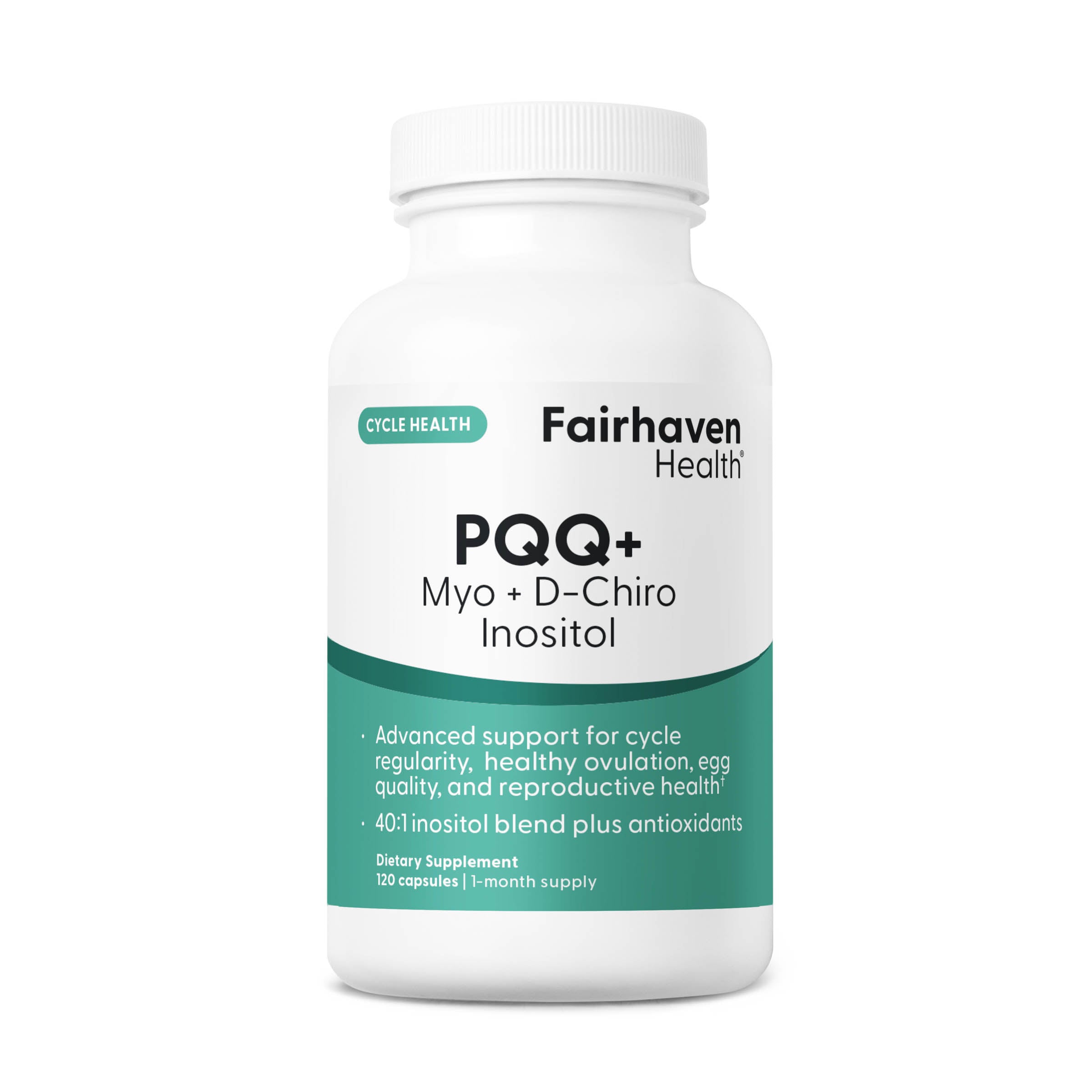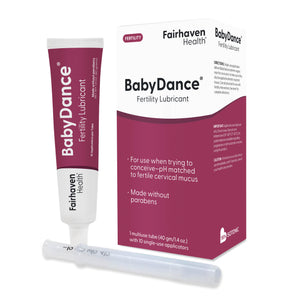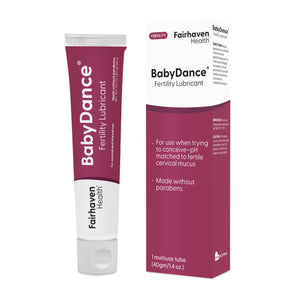 The end of maternity leave doesn't mean the end of breastfeeding. The research shows many moms feel overwhelmed by the job of pumping while working and switch to formula when heading back to the workplace; but it doesn't have to be this way. In fact for many moms, pumping milk for your baby can be a welcome break and help you feel connected to your little one during the work day. When I was a nursing mom working 12-hour shifts in a hectic ER, pumping was a quiet time to focus on my son and the reasons why I was working. If your job allows you to bring your baby to work, or your husband stops by when baby needs lunch, consider yourself lucky! The majority of moms will be pumping, or expressing, milk at work.
The end of maternity leave doesn't mean the end of breastfeeding. The research shows many moms feel overwhelmed by the job of pumping while working and switch to formula when heading back to the workplace; but it doesn't have to be this way. In fact for many moms, pumping milk for your baby can be a welcome break and help you feel connected to your little one during the work day. When I was a nursing mom working 12-hour shifts in a hectic ER, pumping was a quiet time to focus on my son and the reasons why I was working. If your job allows you to bring your baby to work, or your husband stops by when baby needs lunch, consider yourself lucky! The majority of moms will be pumping, or expressing, milk at work.
Plan Ahead
Adding pumping sessions into a busy work day will be challenging, but commitment and planning can help your transition go more smoothly. Before taking your maternity leave, find out about your options for pumping when you return. The location of the lactation room, where you will store your milk and rinse your pump parts are all important to know. Be ready to be problem solve - for example, if you don't have a fridge at work, prepare to bring a small cooler and cold packs. You may find out the sink doesn't work or is unfit for rinsing your pump parts after use and you may need to bring extra parts and take them home to wash.
If possible, ask a co-worker with experience to give you a quick orientation of her pumping routine. She may have some valuable advice to share. Your right to nurse or pump at work is federally protected, find out more here: http://www.dol.gov/whd/regs/compliance/whdfs73.htm
When Baby Arrives
When your baby is born, establish a strong nursing relationship. Don't be tempted to use your maternity leave to catch up on a work or household project; try to keep commitments to a minimum. Caring for a newborn takes all of your time and energy. If you have a shorter maternity leave, start pumping and storing when your baby is 1-2 weeks old. It's a good idea to introduce a bottle of freshly pumped milk at this time. You don't need to splurge on an expensive pump- cheaper brands work just as well, or better, just make sure it's a double sided electric pump! If you have health insurance, the cost of your pump should be covered. Check with your insurance company for more information.
Getting Ready for Your First Day Back
Practice for baby - Leave your baby for 3-4 hours with the person who will be caring for them (grandparents, day care, friend) at least 1 week prior to return to work day. If there are any problems, you will have time to address them. Common problems for caregivers are managing your baby's separation anxiety and difficulty taking the bottle.
Practice for you - Go through your new morning routine. Will you nurse your baby at home or when you drop him off or both? How long will it take to get you and the baby ready? Do your clothes fit your new figure and camouflage leaky breasts? If you are worried about leaking milk during the workday, nursing pads can keep you comfortable and dry. Keep an extra outfit for yourself in the car in case your baby spits up on you as you are saying good-bye at daycare or any other messy scenarios occur.
Ease Into Your New Routine
Start back on a Wednesday or Thursday - you will have a short work week and avoid the craziness of Mondays. It may be easier for both you and your baby to manage emotions if you are working a short week. You may work more days per week but fewer hours each day and ask your employer about work you can do at home. By the way - I had a brief cry every morning for the first week I was back at work.
Managing Your Time and Co-workers
Be prepared for comments from co-workers about pumping breaks, milk in the fridge or other possible areas of resentment. Try to laugh with your colleagues, "This is my breast milk, please don't use it as coffee creamer!" If you store your milk in a shared fridge, use a cooler pouch or paper bag to keep milk separate from other food. Plan to pump every 2-3 hours and be sure to thank co-workers that cover for you.
On your days off, nurse as much as possible to keep a strong milk supply. A pump doesn't empty your breast as effectively as a baby - so put baby to the breast when you can. Ask your baby's caregiver not to feed your baby within an hour of pick-up time so you can breastfeed right away.
Just like any new job the first days and weeks can be the hardest. Make a commitment to stick with breastfeeding and pumping for 30 days at a time. Juggling your responsibilities at work with your new life as a mom can seem overwhelming at times, but it only last a few months and the benefits last a lifetime.
Other Breastfeeding Articles:
- Kicking the Can - How to Wean off Formula
- I don’t know where to look! Men and public breastfeeding
- Breastfeeding Lowers Breast Cancer Risk. But How?
- Vaginal Delivery, Breastfeeding, and Your Baby's Microbiome
- Back to Work and Breastfeeding - You Can Do It!
- Baby Led Weaning
- Breastfeeding as Emergency Preparedness
- Milk Banking
- Soapy, sour or metallic tasting breast milk? Lipase may be the cause
- More is better: Skin-to-skin Immediately After Delivery and at Home
- Medications and Breastfeeding
- Benefits of Breastfeeding for Mom and Baby







